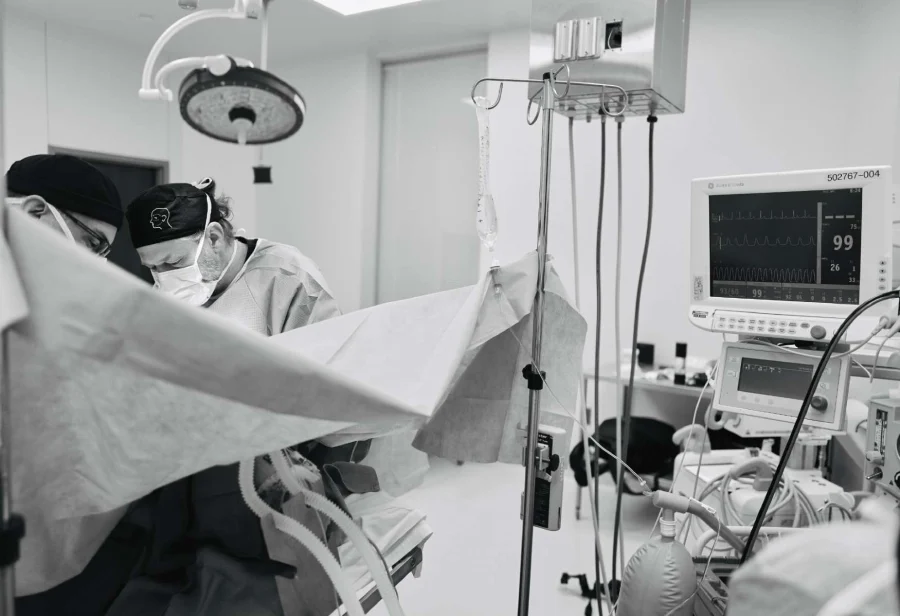Dr. Robert Whitfield, MD
AMERICA’S BREAST IMPLANT ILLNESS EXPERT™
Dr. Robert Whitfield has been a plastic surgeon for over 25 years and board-certified for over 16 years. He specializes in Breast Implant Illness (BII), breast implant removal surgery and advanced cosmetic procedures such as his “No-Cut” Facelift. In addition to his exceptional work as a surgeon, Dr. Rob is a sought-after provider for his Strategic Holistic Accelerated Recovery Program (SHARP). The protocols of SHARP help to reduce systemic inflammation and assist patients who are both preparing or recovering from surgical procedures. Dr. Rob's skills dovetail into a perfect balance of art and science and provides hope to scores of women looking to age gracefully or restore their health after BII.
Dr. Whitfield received his medical degree from the University of Las Vegas School of Medicine. He then completed six years of surgical training and a plastic surgery residency at Indiana University Medical Center. He returned to Nevada for a microsurgery fellowship before settling down to practice and teach at the Medical College of Wisconsin for seven years. In 2012, Dr. Whitfield came to Austin and became renowned for his breast surgery expertise. He entered private practice in 2017. In 2019, Dr. Whitfield was chosen to speak at the FDA hearings on breast implants and their safety. In 2024, he published his first book, SHARP (Strategic Holistic Accelerated Recovery Program), to share his protocol and expertise in holistic surgical preparation and recovery. The same year, he published his first scientific paper on microbial communities and associated biofilm in breast augmentation failure.
If you would like to learn more about the advanced procedures Dr. Rob offers, we invite you to schedule a virtual or in-office consultation. What you learn could change your life.

